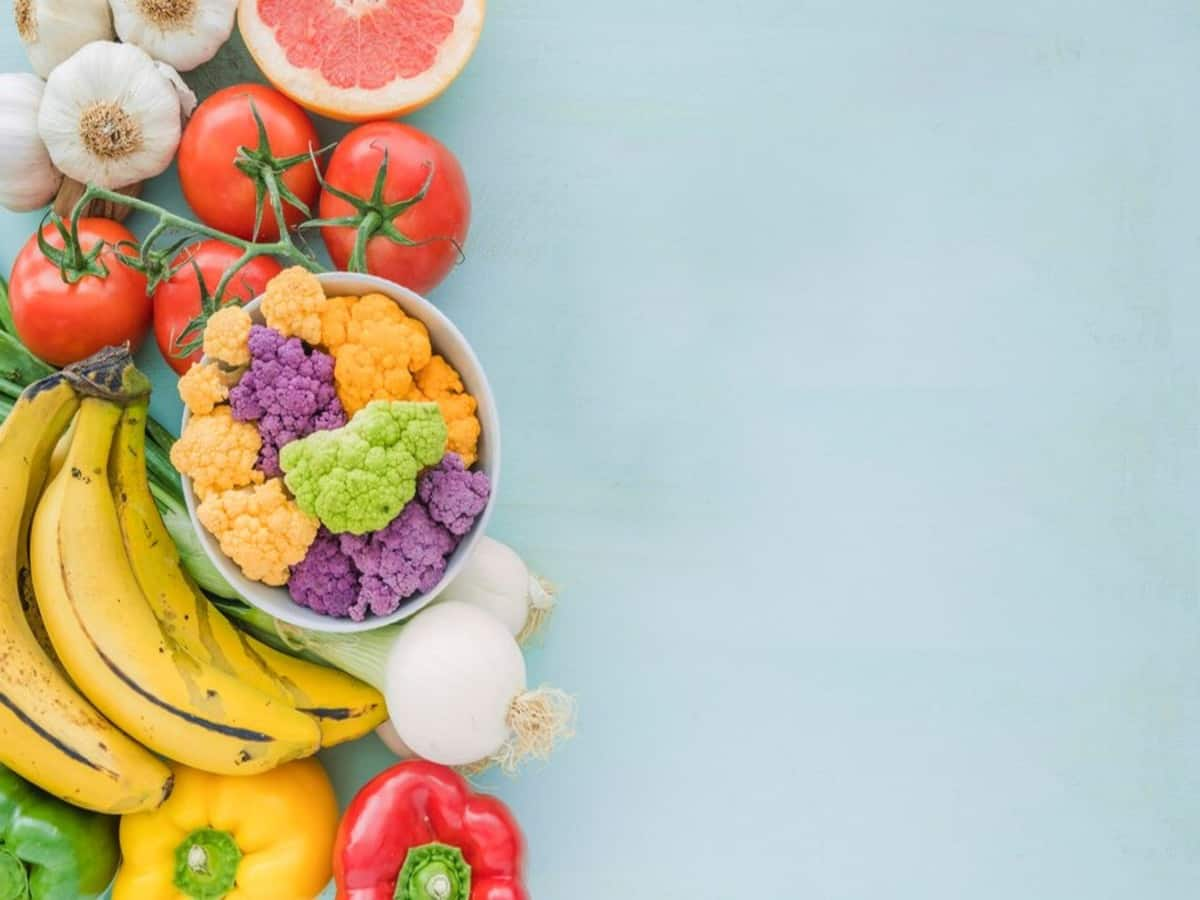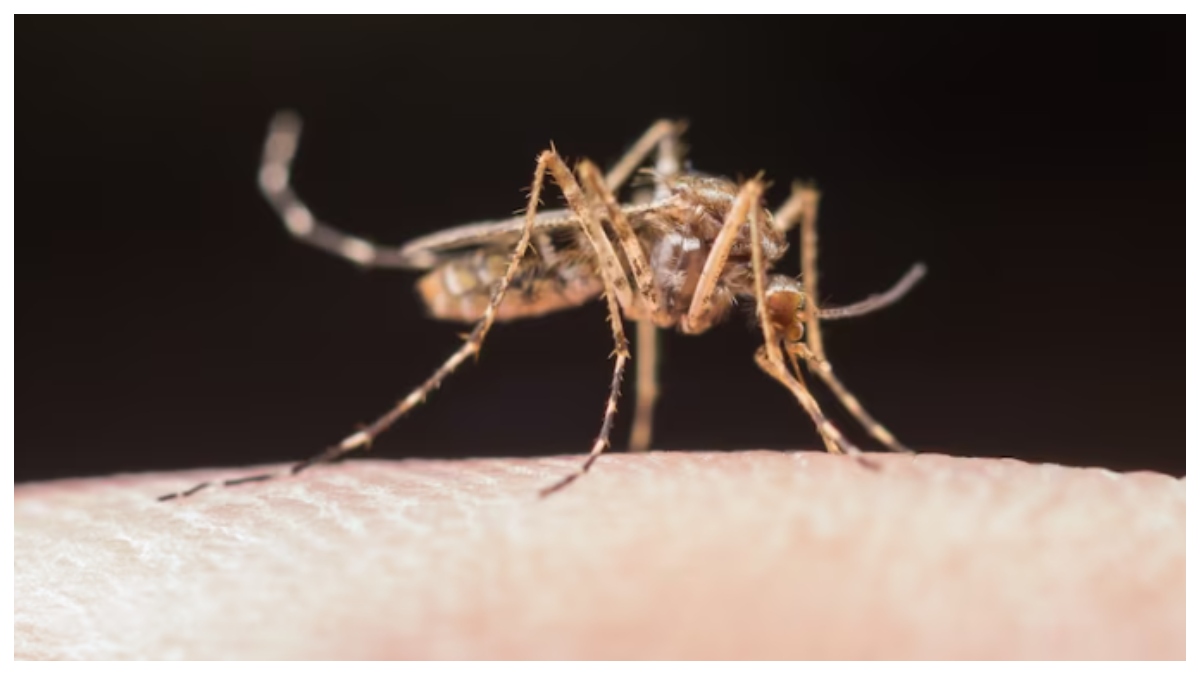Indeed, the diet “doesn’t have to be a whole lifestyle change,” said Diego Rose, senior author for the study from Tulane’s School of Public Health and Tropical Medicine.
“It can be as simple as ordering a chicken burrito instead of a beef burrito when you go out to eat,” Rose said. “When you’re at the grocery store, move your hand one foot over to grab soy or almond milk instead of cow’s milk. That one small change can have a significant impact.”
How do our food choices affect climate change?
“Food production accounts for about 20% of greenhouse gas emissions worldwide. This means that changing what we eat can reduce greenhouse gas and carbon pollution,” Grummond told USA TODAY.
Emissions of greenhouse gases such as carbon dioxide and methane have caused the Earth’s atmosphere and oceans to warm to levels that cannot be explained by natural factors.
Swapping out “high-emission” food and replacing it with “low-emission” food reduces the amount of greenhouse gases needed to grow, process, transport, distribute, prepare, consume and dispose that food, the United Nations reports.
7,700 Americans interviewed
The study analyzed diet data from more than 7,700 Americans, identified common foods with the highest climate impact and simulated replacing them with nutritionally similar, lower-emission options.
In each of four food groups – protein, mixed dishes, dairy and beverages – researchers looked at foods that disproportionately contribute to greenhouse gas emissions that cause global warming.
The team then matched each of these environmentally unfriendly foods to a similar option with a far lower carbon footprint and calculated what the impact would be both for an individual’s carbon footprint and for the country’s if the dietary changes were made.
“The key was to find swaps that were culinarily equivalent,” Rose said. “By doing this, we think it will be pretty easy for people to adopt the new dishes, because they will be pretty similar to what they are currently eating.”
Top foods to swap out
USA TODAY asked Grummond if there is one specific food (or food group) that she would most recommend people swap out of.
“The good news is that there are many options for small changes to make to reduce your carbon footprint and improve your diet,” she responded. “We found that replacing beef with poultry or vegetarian items was particularly impactful, but other options include replacing juice with whole fruit and replacing dairy milk with non-dairy milks like soy or almond milk.
She added that “people might also want to know that you don’t have to make these changes all the time to make a difference – even replacing just one serving per day or one serving per week can add up to meaningful benefits.”






































